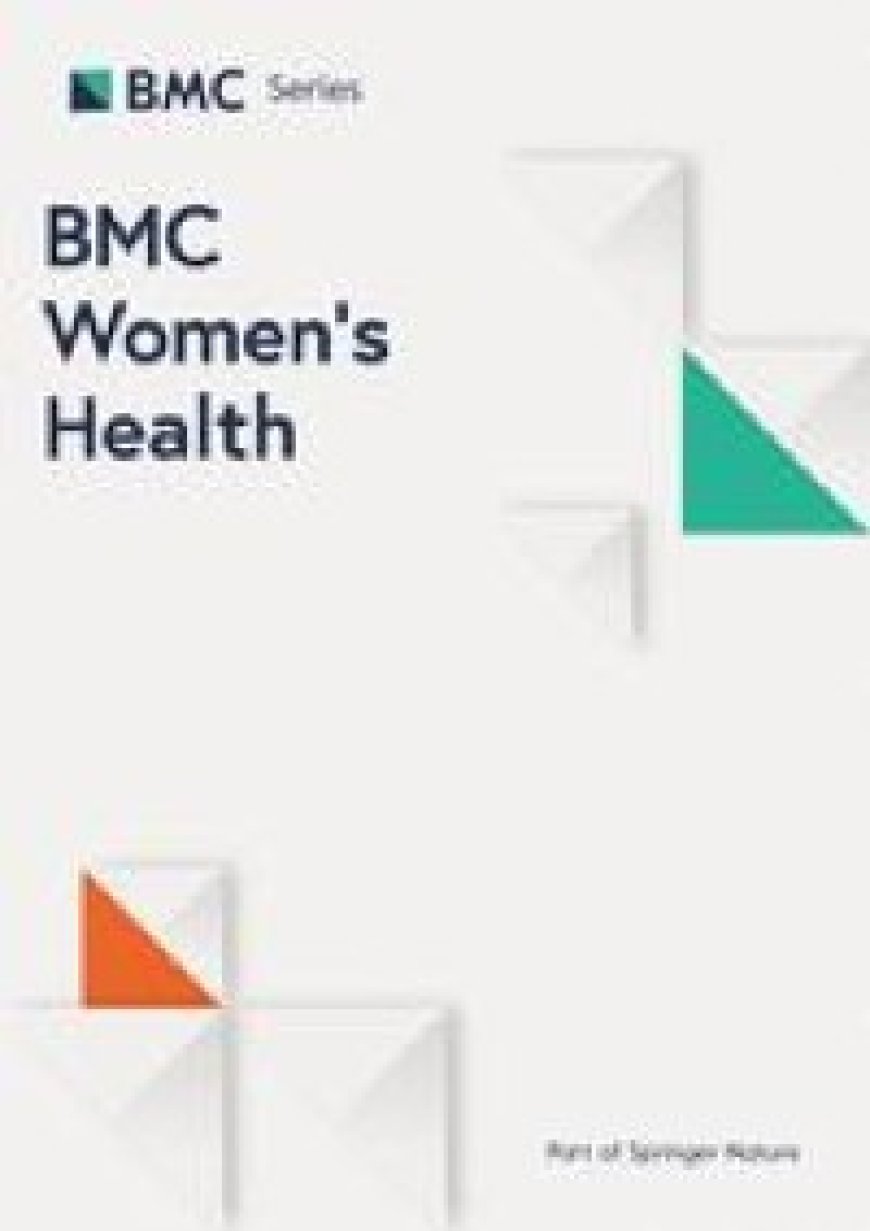Mother-daughter communication of sexual and reproductive health (SRH) matters and associated factors among sinhalese adolescent girls aged 14–19 years, in Sri Lanka – BMC Women’s Health
Mother-daughter communication of sexual and reproductive health ... BioMed Central

Sustainable Development Goals (SDGs) and Mother-Daughter Sexual and Reproductive Health Communication

The study’s findings indicate that a majority of adolescent girls within the present study setting exhibited a positive attitude towards discussing sexual and reproductive health (SRH) matters with their mothers. Topics related to menstrual health, setting personal boundaries, and preventing sexual violence were among the most frequently discussed subjects between mothers and daughters. Barriers to these conversations included cultural factors, concerns about parental perception, and mothers’ inability to address adolescent SRH matters. The analysis revealed significant associations between adolescent girls’ age and family income levels with mother-daughter SRH communication.
Findings Consistent with Prior Research
The current study’s findings are consistent with prior research, suggesting that mothers remain a preferred source of SRH information for adolescent girls in this setting [26].
Cultural Factors and Mother-Daughter Sexual Communication
Culture significantly shapes attitudes, beliefs, and behaviors, including parent-child relationships [27]. The study’s findings suggest that concerns about the sexual security and chastity of female offspring predominantly drive mother-daughter sexual communication in Sri Lanka, mirroring trends in other South Asian countries. Conversations tend to focus more on body protection rather than on topics such as safe sex, pregnancy, and conception. These findings underscore the contrast in sociocultural values between Eastern and Western settings.
Cultural barriers and mothers’ limitations in addressing adolescent SRH issues were identified as barriers to sexual health discussions between mothers and daughters in the current study. These findings advocate for public health awareness initiatives aimed at enhancing knowledge and attitudes surrounding SRH within this context.
Age and Socioeconomic Factors in Mother-Daughter SRH Communication
The study also found that older adolescents perceived their sexual health communication with mothers to be more satisfactory than younger counterparts. This trend aligns with several studies conducted in Asia and similar settings, indicating that parents often prefer to initiate sexual discussions when children reach around 15 years of age, a period when most have already undergone puberty and acquired some prior knowledge about sexuality [bmcwomenshealth.biomedcentral.com

Join us, as fellow seekers of change, on a transformative journey at https://sdgtalks.ai/welcome, where you can become a member and actively contribute to shaping a brighter future.







